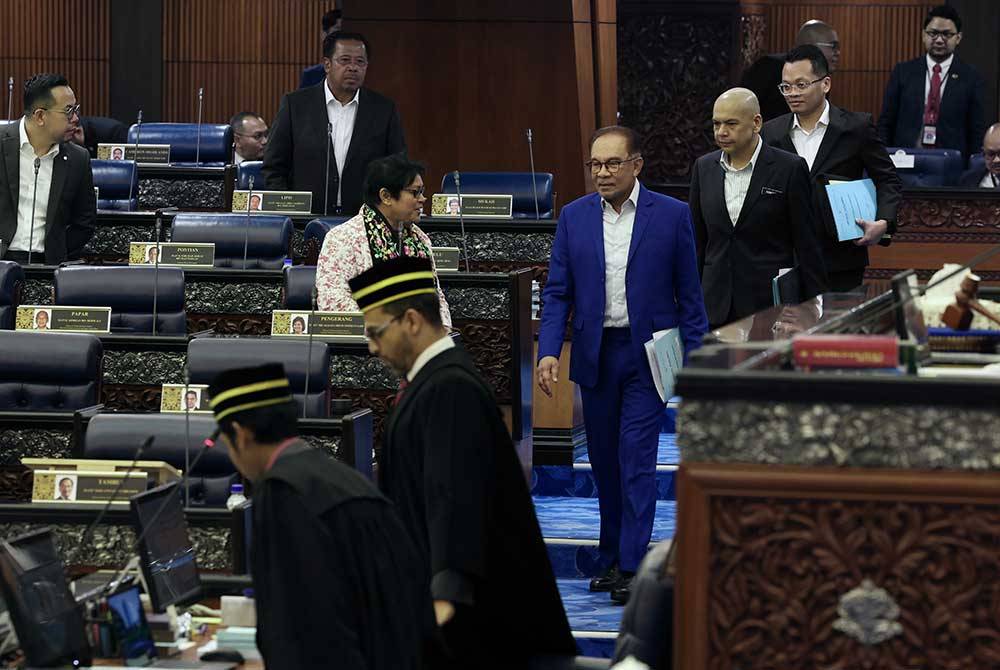Unity government: Progress overshadowed, challenges remain

SHAH ALAM - While the unity government has made some progress, political analyst Professor Datuk Dr P. Sivamurugan argues that much of it is overshadowed by political maneuvering rather than directly addressing the everyday concerns of Malaysians.
He attributed this to Prime Minister Datuk Seri Anwar Ibrahim's reliance on diverse coalition parties, which necessitated compromise and sacrifice in decision-making.
He cited a World Bank report indicating a stable economic outlook for Malaysia, with potential growth in the coming year, dependent on political stability.
"The Prime Minister's active presence in the Dewan Rakyat during the PM's question and answer time every Tuesday is indeed a change from previous administrations.
"However the public seeks tangible results in gross domestic product (GDP) growth, cost of living and overall well-being," Sivamurugan said in the Sana Sini podcast aired recently.
He said the upcoming year will be crucial for Anwar to focus on these issues, as the honeymoon period has ended.
He also pointed out the need for a potential Cabinet reshuffle to strengthen Anwar's team and to make unpopular but necessary decisions for long-term benefits.
"PMX's (Anwar) challenge will be balancing the protection of Malay rights, as mandated by the Federal Constitution, while also addressing the needs of the Indian community," he said.
He suggested that local governments (PBT) should also play a role in this effort.
Meanwhile co-host former MIC Youth chief Senator Datuk C. Sivarraajh expressed a more critical view on Anwar.
He urged Anwar to assert more independence in decision-making rather than being swayed by external threats and propaganda, particularly from Opposition parties like Perikatan Nasional (PN).
He agreed that Anwar's team and advisors needed to be more effective and that there was room for improvement in his performance.
Sivarraajh expressed concern over Anwar's focus on garnering Malay support, potentially at the expense of losing non-Malay backing, particularly among the Indian community.
"There is an urgent need to address basic needs like education and poverty in the Indian community," he said.
Despite global challenges and the racialisation of politics by PN, Sivarraajh commended Anwar's achievements in attracting foreign direct investments (FDIs) and initiatives like Tesla.
However, he stressed that the Indian community's needs were fundamental, centred around job and education opportunities rather than grand projects or skyscrapers like the Suria KLCC.
"Anwar's remaining years in power hold the potential for significant change, but this would require a balanced approach to governance, addressing the diverse needs of Malaysia's multi-ethnic society.










